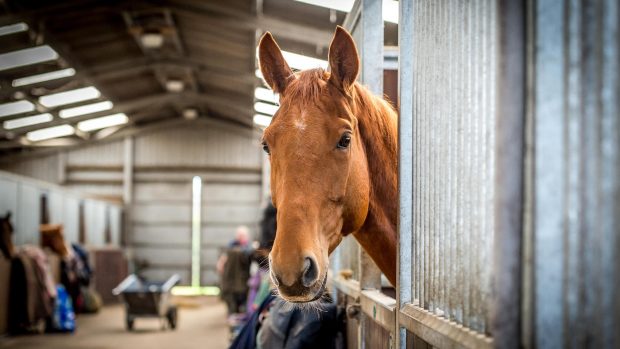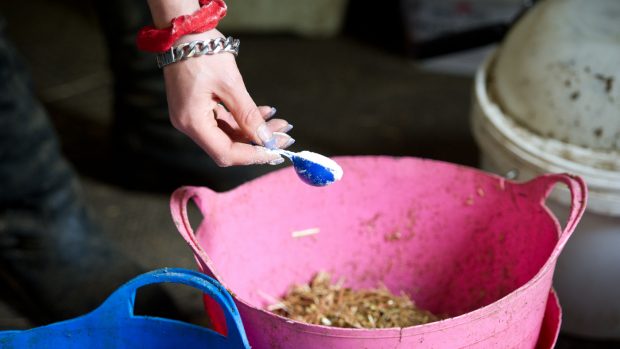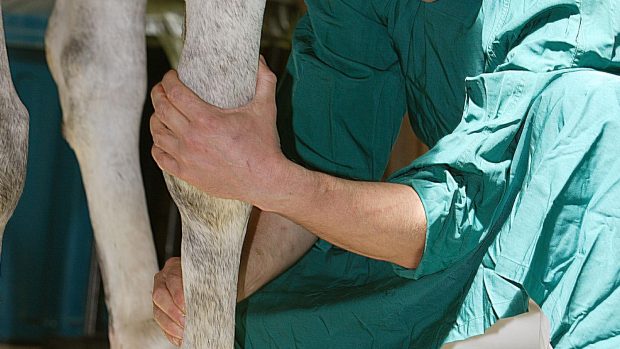Are you confused about what treatment an equine dental technician (EDT) can perform in your horse’s mouth? Owners are not alone, as a recent poll of British Equestrian Veterinary Association (BEVA) members showed that more than half were unclear on what EDTs are permitted to do.
Owners and vets who allow EDTs to perform treatments for which they are not qualified could be prosecuted.
To try and counter the problem, BEVA has published a new leaflet explaining the regulations surrounding equine dental care.
The confusion has arisen because, under the Veterinary Surgeons Act 1966, all diagnostic and treatment procedures in the horse’s mouth are acts of veterinary surgery.
However, there are a limited number of procedures that, despite being considered acts of veterinary surgery, can be carried out by suitably qualified EDTs.
In 2009, the Royal College of Veterinary Surgeons listed all of these permitted procedures and divided them into three categories, but some industry professionals are still unclear.
Equine vet Vicki Nicholls, who is also a member of the British Association of Equine Dental Technicians (BAEDT), warned: “Non-adherence to the regulations is a serious matter and could lead to prosecution of the veterinary surgeon, EDT and/or owner.”
There is also concern that some owners could be using EDTs who do not have the correct qualifications.
“As an owner, if you are using an EDT you need to make sure that they are either members of the BAEDT or the World Wide Association of Equine Dentistry to ensure that they are properly qualified,” said the president of the British Veterinary Dental Association, Rob Pascoe.
However, some EDT’s are against the propositions and see it as a further attempt by the veterinary profession to control the industry.
“I am 100% against what they are trying to put through,” dental practice owner Simon Vieweg told H&H.
“Of course equine dentistry needs legalisation and regulation, but this is a another attempt by them [BEVA] to take further control.”
Ref: H&H 27 November 2014





